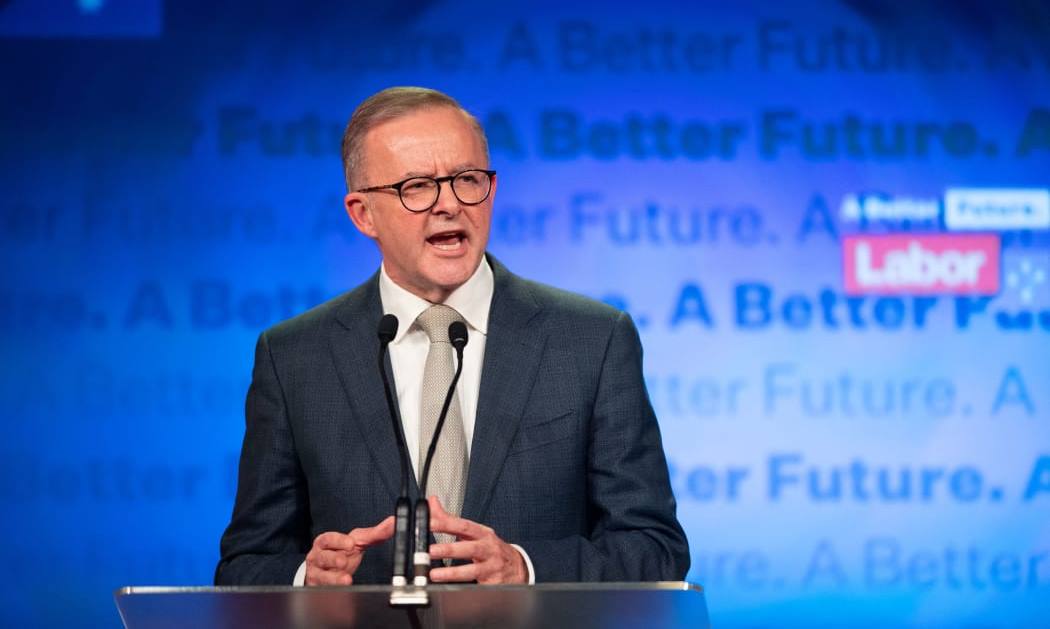Latest
Fiame acknowledges new Australian PM’s stance on Climate Change

By Lagi Keresoma
APIA, SAMOA – 23 MAY 2022: Prime Minister Fiame Naomi Mataafa has acknowledged the new Australian Labour Government’s stance on the issue of climate change.
Australia’s newly elected Prime Minister Anthony Albanese was sworn in this morning and his campaign listed climate change as one of its main issue of priorities. Fiame said this is one vital area that links Australia to the Pacific.
She noted the new Government will bring changes to the climate change discussion which is very important to Samoa and the Pacific region.
The Pacific Islands have had very little commitment from the previous Australian Prime Minister on climate change not only within the Pacific Forum but the recent COPs 26 in Glasgow.
Fiame also noted that Australia, despite the changes in Government will continue its partnership with the Pacific islands on various developments.
“It is the norm with any country when there’s a change of Government, the partnership and communication continues,” said Fiame.
It will be the same with Samoa, she said.
Quick and smooth transition of power
Compared to the four months of uncertainty and delays in the Faatuatua ile Atua Samoa ua Tasi – FAST Government taking office after the general election last year, Fiame hailed the quick and smooth transition of power in the Australian Government after the weekend general elections.
“What a pleasant transition of Government with former Prime Minister Scott Morrison accepting the country’s decision and congratulated the new Government compared to the crisis Samoa went through after her election last year,” she said.
Scott Morrison conceded defeat when the results were known and congratulated Anthony Albanese in the weekend and Albanese was sworn in this morning.
Perhaps the smooth transition in Australia was due to them being used to changes of Government whereas Samoa was led by one Government for a very long time.
Who is Anthony Albanese
Born in 1963, he was raised by his Mum in public housing as a single parent. “It’s this vision that drove my mum when she dreamed of a better life for her son. And it’s the vision I want to see realised for my son. It’s what drives me to build a better Australia,” said a quote from his website.
When he was only 12 years old, he says, he helped to organise a rent strike that kept his mother’s public housing property from being sold off to developers – a first step towards the world of politics.
After juggling multiple jobs while studying full time, he graduated from the University of Sydney with a Bachelor of Economics.
He got involved in student politics and aged 22, he was elected president of Young Labour, the party’s youth wing, and worked as a research officer under the economic reformist government of Bob Hawke, Labours’ longest-serving prime minister.
He entered Parliament 1996, elected as the Federal Member for Grayndler – the area he grew up in.
But it was just as Labour entered the first of two decade-long patches in the opposition. The party’s time back in power, from 2007 – when he became Infrastructure Minister – to 2013, when he was appointed Deputy Prime Minister to Kevin Rudd, was marred by leadership squabbles in which he openly criticised both sides.
He is described by commentators as a superb negotiator and coalition builder.
For Samoa and the Pacific Islands, they will be eyeing how he would negotiate a path through roadblocks that have held Australia back for a decade on climate change.
[Ed’s Note: Additional notes from ABC]


















